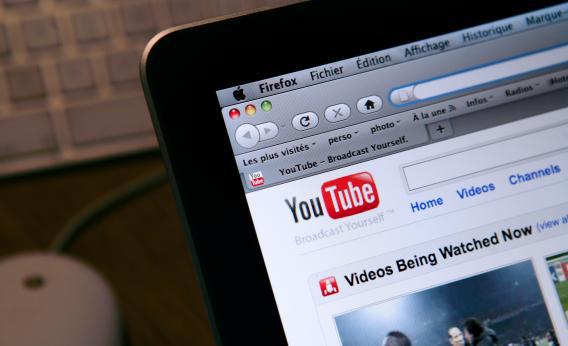In an attempt to clean up its notorious comments section, YouTube is encouraging users to give up the tool that most enables online abuse—their anonymity.
Commenting on or uploading a video will now prompt users to display their full name on YouTube, going as far as to link to a Google+ profile, assuming they have one. Those who decline this request are required to give a valid reason, like “My channel is for a product or business,” according to Wired.
YouTube has been long held as one of the Internet’s worst commenter cesspools. Abandon all hope ye who enter here looking for constructive criticism or legitimate debate. For you are much more likely to find racism, misogyny, and homophobia crudely packaged in poor grammar and outright gibberish.
So recently Google, YouTube’s owner, ordered the video sharing site to find a new way to curb abuse, as Ryan Tate of Wired reported in late June. Previously, YouTube handled harassment by allowing uploaders to disable comments on their videos, a practice Google frowns upon, as it “cuts off the community,” wrote Tate.
But is removing anonymity the answer to eliminating stopping online harassment? Google certainly seems to think so, as this isn’t their first attempt to make users more accountable.
Back in 2011, the company unsuccessfully attempted to ban pseudonyms on Google+ profiles. This policy was finally reversed in January after receiving harsh criticism from organizations such as the Electronic Frontier Foundation. The EFF objected partially due the dangers IRL name policy places of identity-sensitive parties, such as human rights activists.
Google isn’t alone in its push to bring real names into commenting. A recent New York state Senate bill, S6779, is attempting to ban all anonymous commenting by requiring website administrators to remove comments upon request, unless the poster is willing to divulge her real name, according to the Huffington Post.
While such policies might result in a decrease of online harassment, Dr. Elias Aboujaoude, author of Virtually You: The Dangerous Powers of the E-Personality and Stanford University psychiatrist, argues that sacrificing anonymity will have consequences.
“As we gain in civility by being stripped of our virtual masks, we will likely lose in creative energy and innovation,” he wrote in an email.
Despite writing that online communities have proven “utterly incapable of self-policing,” Aboujaoude believes the “Internet wouldn’t be the Internet without anonymity.”
